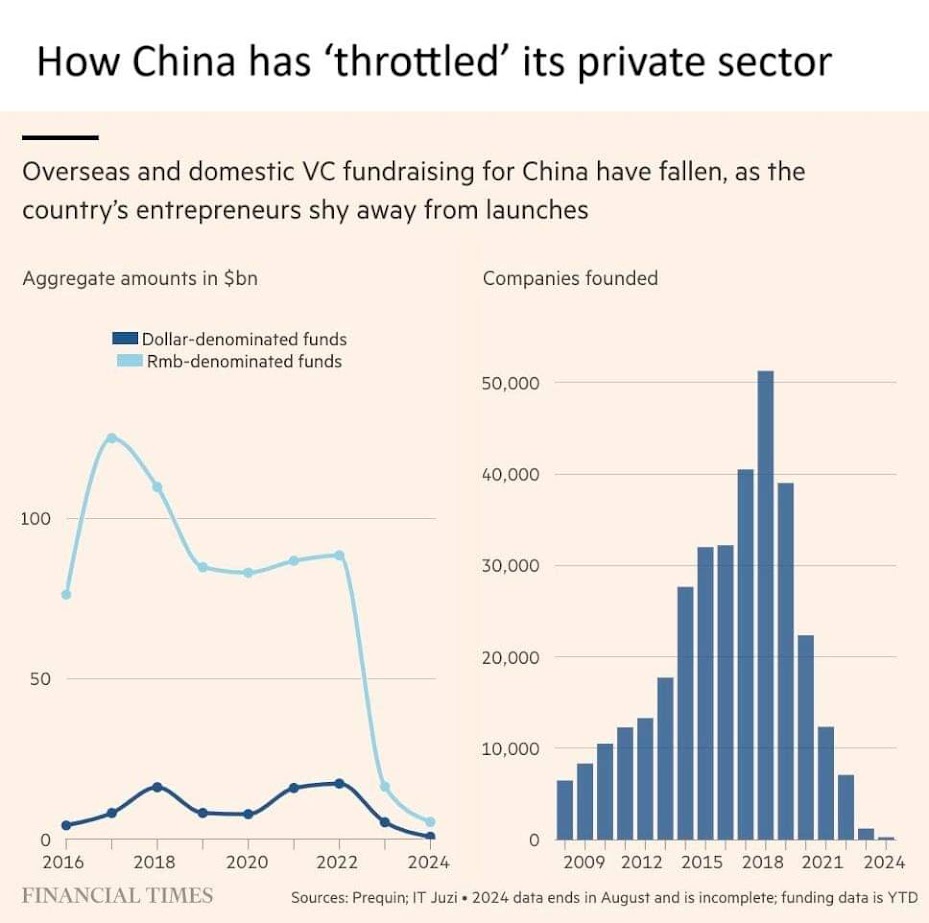In the journey of entrepreneurship, the road is often fraught with unexpected challenges that can either break a business or offer pivotal opportunities for growth and transformation. I’ve come to realize, through years of navigating the entrepreneurial landscape, that the difference between failure and success often hinges on one’s ability to adapt and innovate in the face of adversity.
Embracing Change: The First Step to Overcoming Challenges
When I first started out, I viewed challenges as obstacles that threatened my business’s survival. However, over time, I learned that each challenge also presented a hidden opportunity. It wasn’t just about surviving; it was about how well you could use the situation to your advantage. The key lies in shifting perspectives – viewing every problem as a potential solution waiting to be discovered.
The Power of Innovation: Turning Problems into Solutions
Innovation is the heartbeat of any entrepreneurial venture. It’s not just about inventing something new; it’s about improving, adapting, and finding new ways to solve problems. For instance, when a product failed to meet the market’s expectation, instead of stepping back, I looked for ways to tweak the features based on customer feedback, which often opened up new avenues for growth and market penetration.
Agile Methodologies: Pivoting with Purpose
Adopting agile methodologies was a game-changer for my business. This approach allowed us to remain flexible and responsive to changes. Whether it was modifying our marketing strategies or redesigning our product line, being agile meant we could pivot quickly and efficiently without losing momentum.
Learning from Failures: The Building Blocks of Success
Every entrepreneur will face failure at some point. What sets successful entrepreneurs apart is their ability to learn from these failures. I’ve had my share of projects that didn’t pan out as expected, but each provided valuable lessons that shaped my approach to business and helped refine our strategies and processes.
Community and Networking: Leveraging Collective Knowledge
No entrepreneur is an island. Building a network of like-minded individuals and leveraging community knowledge has been instrumental in navigating challenges. From attending industry meetups to participating in online forums, the insights gained from these interactions have often led to breakthroughs that would have been impossible in isolation.
Conclusion: The Path Forward
Entrepreneurship is not just about having a great idea; it’s about the journey of bringing that idea to life against all odds. It requires resilience, adaptability, and a continuous pursuit of growth. By embracing challenges as opportunities, staying innovative, and learning from each failure, any entrepreneur can turn potential setbacks into powerful comebacks.
Read the article: “The Surprising Reality Behind Minimum Savings for USA and Canada Visas”




